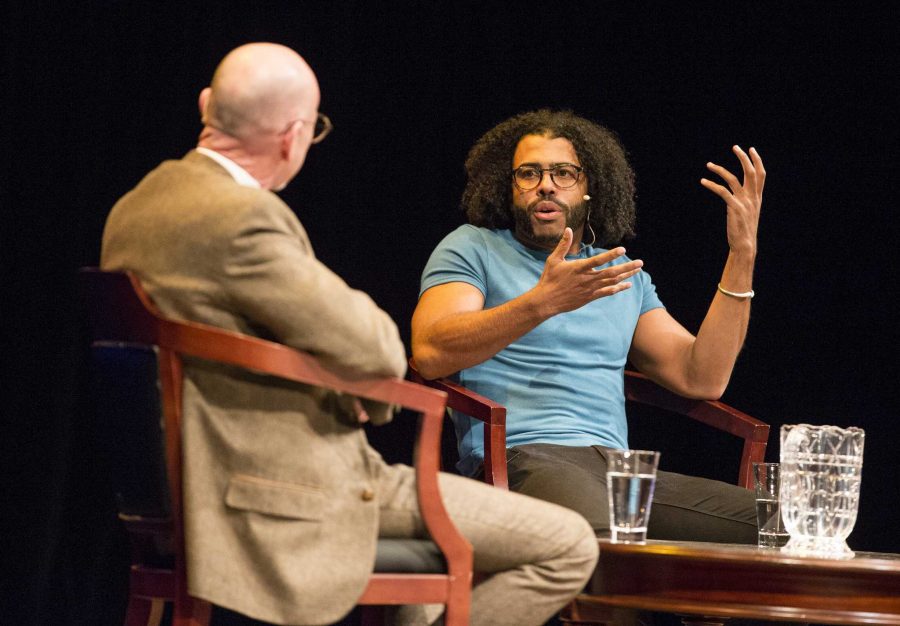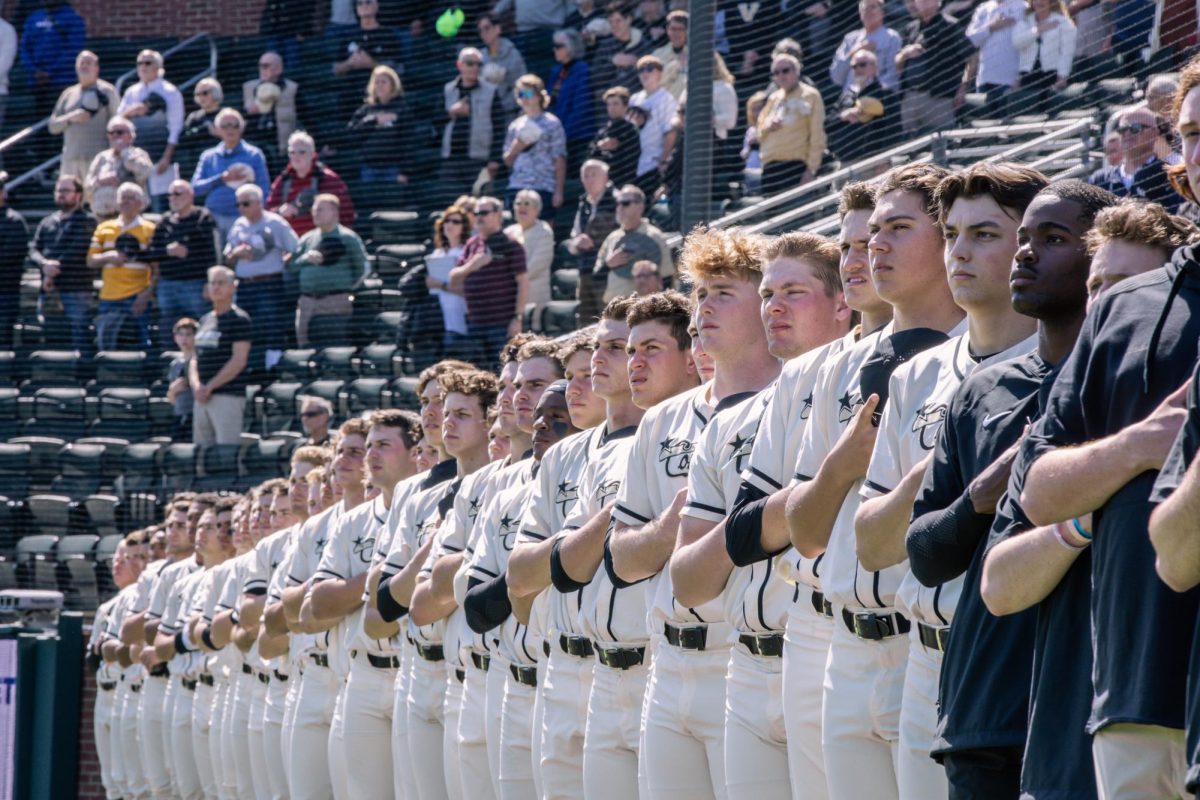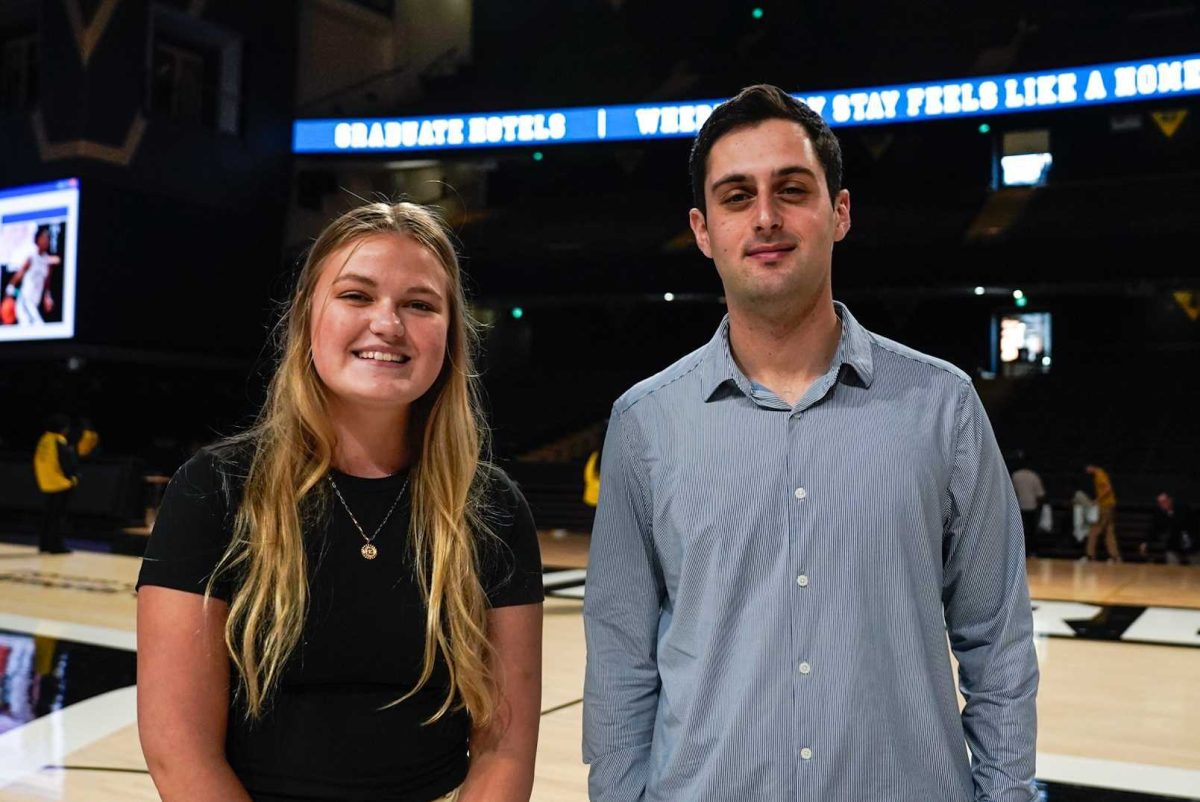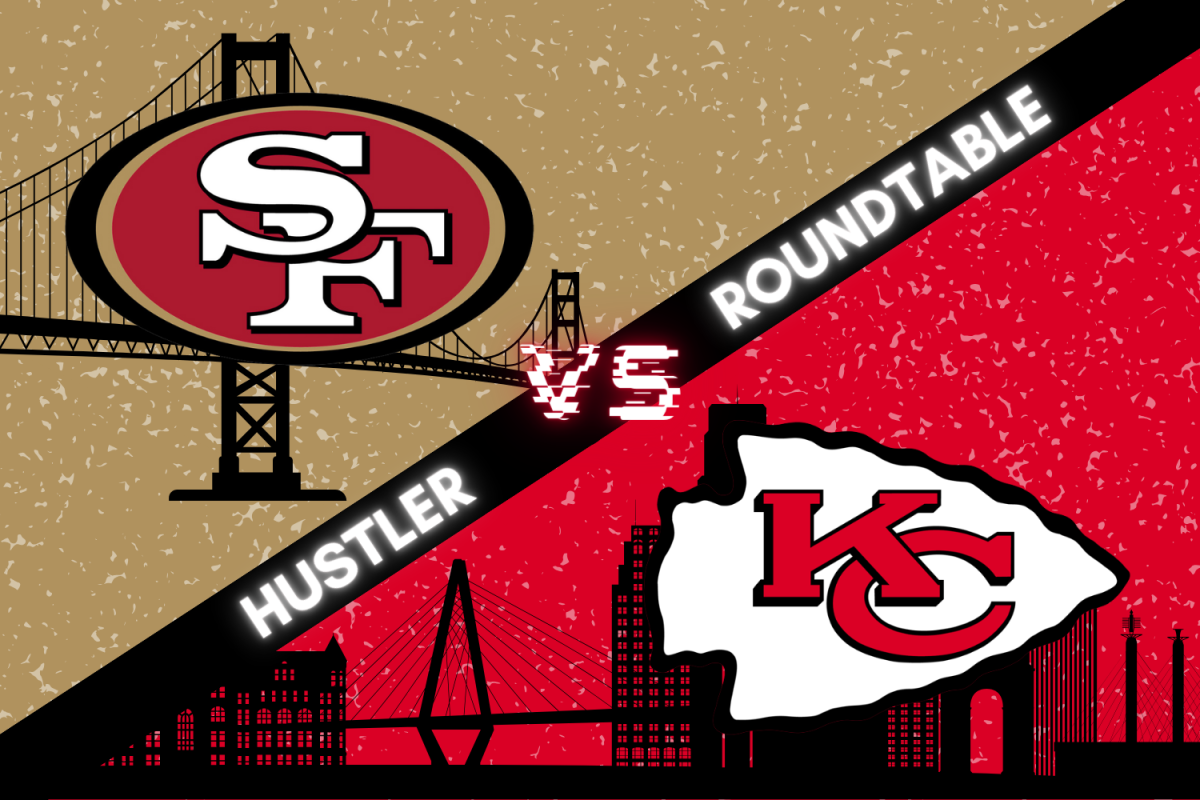I hate “Hamilton.”
Ok, that’s an exaggeration. I don’t exactly hate it. Not anymore, that is, but that is a discussion for another day.
Taking over the world by storm, the iconic masterpiece composed by Lin-Manuel Miranda became an overnight sensation that seemed bigger than life itself. Although the musical was first released on Broadway back in January of 2015, it continues to pervade in popular culture, which clearly displays Miranda’s affinity for appealing to the masses. Admittedly, I’m a little late to the game here. In fact, I only caved in two or three months ago when “Hamilton” was released on Disney+. My reluctance stemmed from my belief that no musical can top “The Sound of Music” or “Rent” or even “Dreamgirls”—you gotta love Beyonce, right? And indeed, I thought I had proven myself right. I had many bones to pick with “Hamilton,” including the fact that Miranda is playing the main character of his own work (don’t judge me). However, there was something about the musical that resonated with me, prompting me to rewatch and rethink the musical in terms of lessons we can apply into our daily lives—especially in bewildering times like these.
Besides Miranda’s aptitude in ballad-writing and his penchant for the dramatics, some light needs to be shed on Miranda’s perfect pitch for storytelling. With a light twist of modernism, Alexander Hamilton’s story felt more complete, more compelling and more whole. For instance, “Hamilton” is a lyrical story told primarily from the perspective of Alexander Hamilton—and occasionally, his wife Eliza. Now, if it were to be told primarily from the view of Aaron Burr, his friend-turned-nemesis, the narrative of the musical would be a drastically different one.
My point is this: be the writer of your own narrative. The wisdomous saying that “the pen is mightier than the sword” still holds true.
However many cobblestones you trip on, don’t ever relinquish control of that pen just for someone else to rewrite your story to fit their narrative. Paradoxically, through your college years there are many cruxes that can force you to surrender your pen. For example, Aaron Burr accomplished countless feats in his lifetime and was a central figure in cementing the foundations of colonial America, but his life was summarized into one single line: he essentially murdered Alexander Hamilton in cold blood. Now, he becomes the villain in our history books. Whether Burr likes it or not, his deceit has become a permanent watermark on the pages of his storybook.
In the age of a global pandemic, our life stories can become easily muddled and convoluted into a gelatinous, undecipherable mush, leading us to realize how crucial it is for us to develop a sense of individuality. It is easy to let our guard down, but unprecedented times like these count on us to be more vigilant of ourselves and our environment, even if the world as we know it is turned upside down. In short, it requires us to understand who we are and where we stand in our society even at a time when we may feel helpless.
This is why the story of Alexander Hamilton is so memorable: through the development and exposition of the plot, we begin to see where his heart is and what convictions he possesses—even during one of the most discombobulating periods of American history. Unfortunately, history sometimes does repeat itself; it becomes even more imperative to reiterate why we are here at Vanderbilt. In these tumultuous times when paths are misty and our visions obscured, our ability to craft a defined narrative for ourselves in college becomes much more handicapped.
So here is my advice to college students—particularly the Class of 2024. I want you to grab a nice steaming mug of Earl Grey tea (or coffee, or carrot juice) and swaddle yourself with a nice fluffy blanket. Situate yourself comfortably in a nice chair and think to yourself, what do I want to do? Who do I want to be? What do I want to improve on?
Whatever your answer is, that is the theme to your story or the chapter to your novella, and that story is copyrighted under your name and you own exclusive rights to it. Allow the answers to the aforementioned questions to be the template to your unique story. Perhaps you are passionate about public health. Plan out how you can apply that passion to your story. Maybe that means joining an advocacy organization or volunteering at a local nonprofit. Or simply, it can mean becoming more knowledgeable about the field in general. According to Aaron Burr, “I am the one thing in life I can control.” I am inclined to agree. You are the one thing in life you can control. So seize the day. Rise up to the occasion.
Let’s make Lin-Manuel proud by “not throwin’ away [our] shot” in narrating our stories.








